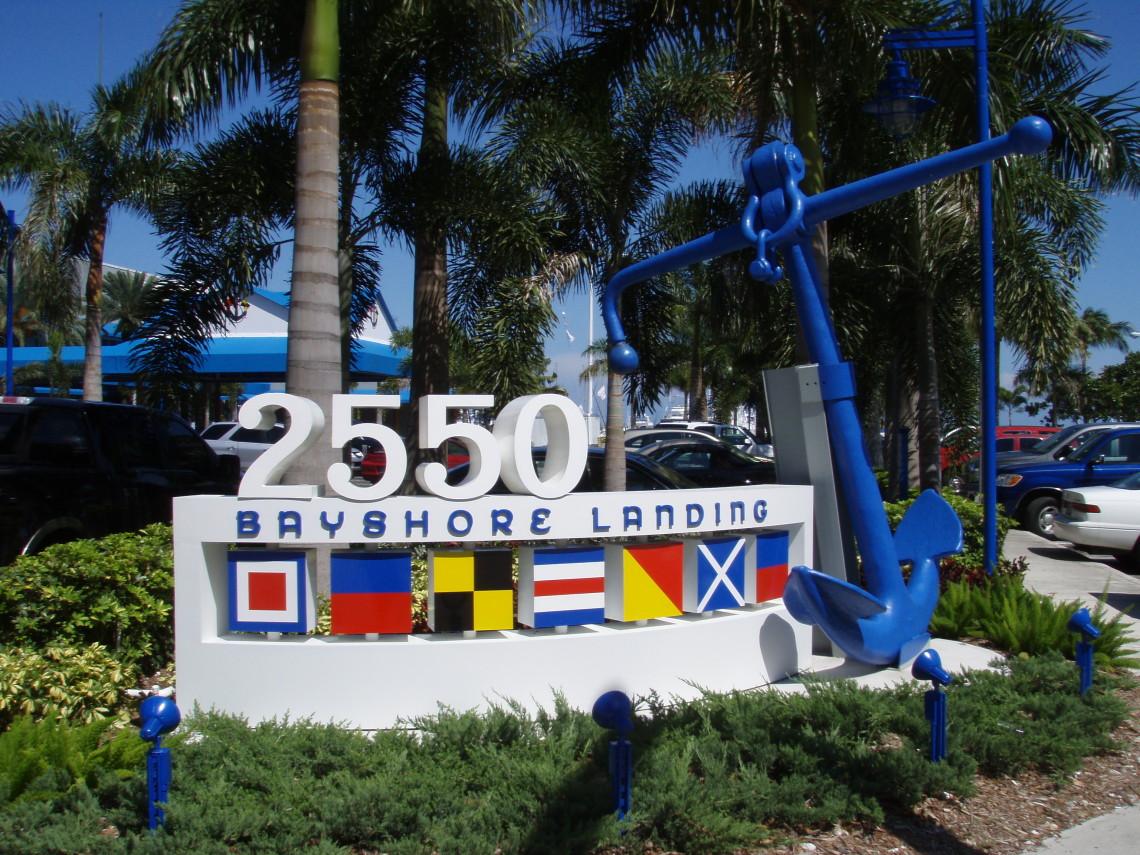Maritime Laws
Jurisdictional Issues For SCUBA cases
Borden v. Phillips, 752 So.2d 69, 72-73 (Fla.1st DCA 2000) concluded that admiralty jurisdiction did not exist and upheld a release under Florida law. In Borden, the diver surfaced and waived his hand in distress, but the captain misinterpreted the signal as an “o.k.” signal and detached the emergency “tag line”–a floating rope enabling divers to pull themselves to the boat. See 752 So.2d at 71. The court held that admiralty jurisdiction was lacking over the wrongful death claim, because the activity at issue was scuba diving, not boating: [T]he decedent intentionally departed the [dive boat] to dive. This activity, scuba diving, was not dependent on his passage in the [dive boat]. Further, decedent ceased being a passenger when he entered the water. That the crew was allegedly negligent when it failed to respond to decedent’s signal did not involve the operation or maintenance of the [dive boat], but was related solely to the activity of scuba diving.
In addition to Borden, the Florida state court case, two federal district courts have held there to be no admiralty jurisdiction in recreational scuba diving cases. In In re Kanoa, Inc., 872 F.Supp. 740 (D.Haw.1994), a scuba diver died when his lungs exploded from surfacing too rapidly without breathing. Although the dive began from a dive boat, the court held that admiralty jurisdiction did not exist, reasoning that the “relevant activity” was scuba diving, not boat transportation. 872 F.Supp. at 745-46. In Tancredi v. Dive Makai Charters, 823 F.Supp. 778 (D.Haw.1993), a scuba diver drowned during a dive from a dive boat. The court held that admiralty jurisdiction was lacking over plaintiff’s tort claim, because the boat had “little, if any, impact on the events that transpired during Tancredi’s dive that led to his death.” Instead, the death was attributable to “negligent dive planning and supervision and the actions of the dive master in taking Tancredi to unsafe levels.” 823 F.Supp. at 784. But see McClenahan v. Paradise Cruises, Ltd., 888 F.Supp. 120, 121-23 (D.Haw.1995) (holding that admiralty jurisdiction existed in recreational scuba-type diving case, and concluding that Kanoa, Inc. and Tancredi were overruled at least in part by Jerome B. Grubart, Inc. v. Great Lakes Dredge & Dock Co., 513 U.S. 527, 534, 115 S.Ct. 1043, 130 L.Ed.2d 1024 (1995), a Supreme Court case not involving recreational scuba diving).
Although admiralty jurisdiction has been recognized in other recreational scuba diving cases, many of those cases are distinguishable by the role played by the boat in causing the injuries. As the court did in Cutchin, 1999 AMC at 1379-81, admiralty jurisdiction was held to exist in a case involving recreational scuba diving, despite the absence of direct involvement of a boat. See Kuntz v. Windjammer “Barefoot” Cruises, Ltd., 573 F.Supp. 1277, 1280 (W.D.Pa.1983). Admiralty jurisdiction also existed where the dive boat crew failed to render medical assistance to a diver after reboarding the dive boat. See Sinclair v. Soniform, Inc., 935 F.2d 599, 600-02 (3d Cir.1991).(federal court has admiralty jurisdiction over claim arising from vessel’s crews’ failure to administer proper care for decompression sickness suffered during scuba diving excursion in navigable waters); Courtney v. Pacific Adventures, Inc., 5 F.Supp.2d 874 (D.Hi.1998)(finding that a diving accident in navigable waters had a potentially dis ruptive impact on maritime commerce and dive boats were engaged in activity substantially related to traditional maritime activity). See also Mink v. Genmar Indus., Inc., 29 F.3d 1543, 1545-46 (11 Cir.1994).

